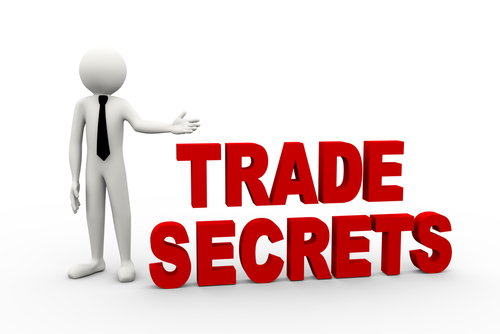Contrary to patents, trade secrets are protected without registration, that is, trade secrets are protected without any procedural formalities......
Consequently, a trade secret can be protected for an unlimited period of time. For these reasons, the protection of trade secrets may appear to be particularly attractive for SMEs.
There are, however, some conditions for the information to be considered a trade secret. Compliance with such conditions may turn out to be more difficult and costly than it would appear at first glance. While these conditions vary from country to country, some general standards exist which are referred to in Art. 39 of the Agreement on Trade-Related Aspects of Intellectual Property Rights (TRIPS Agreement):
The information must be secret (i.e. it is not generally known among, or readily accessible to, circles that normally deal with the kind of information in question).
It must have commercial value because it is a secret.
It must have been subject to reasonable steps by the rightful holder of the information to keep it secret (e.g., through confidentiality agreements).
Example
An SME develops a process for the manufacturing of its products that allows it to produce its goods in a more cost-effective manner. Such a process provides the enterprise a competitive edge over its competitors. The enterprise in question may therefore value its know-how as a trade secret and would not want competitors to learn about it. It makes sure that only a limited number of people know the secret, and those who know it are made well aware that it is confidential.
When dealing with third parties or licensing its know-how, the enterprise signs confidentiality agreements to ensure that all parties know that the information is a secret. In such circumstances, the misappropriation of the information by a competitor or by any third party would be considered a violation of the enterprise's trade secrets.

No comments:
Post a Comment